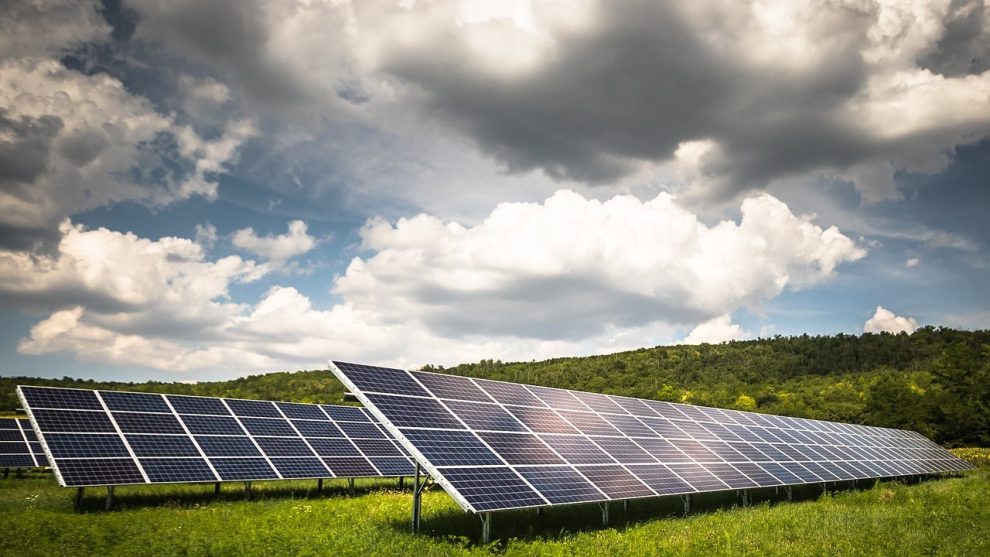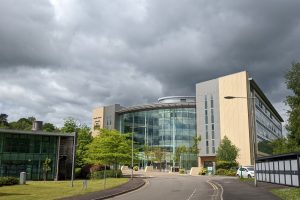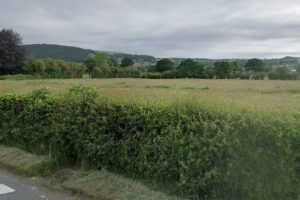A PEMBROKESHIRE solar farm scheme has been approved despite concerns about the use of high-quality agricultural land and the local village almost being “surrounded” by such developments.
In an application before Pembrokeshire County Council’s planning committee meeting of April 29, members were recommended to approve a scheme by Wessex Solar Energy (WSE Pembrokeshire Ltd) for a 9.99MW solar farm and associated works at Lower Nash Farm, near Pembroke Dock.
The proposed scheme would be spread over three fields, amounting to approximately 14 hectares with some 25,000 PV panels on site, some 120 metres from the national park.
The scheme was previously deferred from the February meeting so members could visit the site after concerns were raised about the loss of the most valuable agricultural land and again at the March meeting due to an issue with publicity of documents.
The development, some of it on Best and Most Versatile (BMV) Agricultural land, would provide approximately 3,296 households with renewable energy.
Local community council Cosheston has raised concerns about the use of BMV land.
A larger 22MW scheme covering 34.25ha was previously refused in 2021 due to the effect on BMV land.
Planning Policy Wales (PPW) requires that BMV agricultural land “should be conserved as a finite resource for the future with considerable weight given to protecting it from development,” adding: “Such land should only be developed if there is an overriding need for the scheme and either previously developed land or land in lower agricultural grades are unavailable.”
At the April meeting, agent Charlotte Peacock, who had previously spoken at the February meeting, said there was an “overriding need for renewable energy,” and, quoting a statement from the farmer landowners, said the scheme -which would be grazed by sheep when the arrays were in situ – would “ensure the farm keeps going for the long run,” with a sustainable source of revenue.
“It isn’t about taking farmland away, it’s about ensuring the farm can survive,” the statement added.
Also speaking was local member Cllr Tessa Hodgson, who had also spoken in February when she successfully called for a site visit.
Cllr Hodgson, who again raised concerns about the loss of BMV land, reiterated a call to use alternative poorer quality land sites and also to use solar panels on household roofs rather than create a “glass and steel semi-industrial landscape,” adding there had already been a “significant impact on the community,” through previous solar farms in the vicinity, with “Cosheston almost becoming surrounded by solar parks”.
Approval was moved by Cllr Brian Hall, but concerns were raised by other members, including chair Cllr Simon Hancock, who had also previous expressed reservations.
“It does concern me; is anyone looking at the strategic national resource of land, as Mark Twain said: ‘Buy land, they’re not making any more’. These small-scale applications may be under the threshold [for central determination] but when you have them on mass it’s a huge cumulative effect; I’m very concerned about losing BMV land, it’s a finite thing.”
Members voted eight in favour, to five against, with one abstention, granting planning permission for the development.
(Image: Solar panel, Zsuzsa Boka/Pixabay)

















